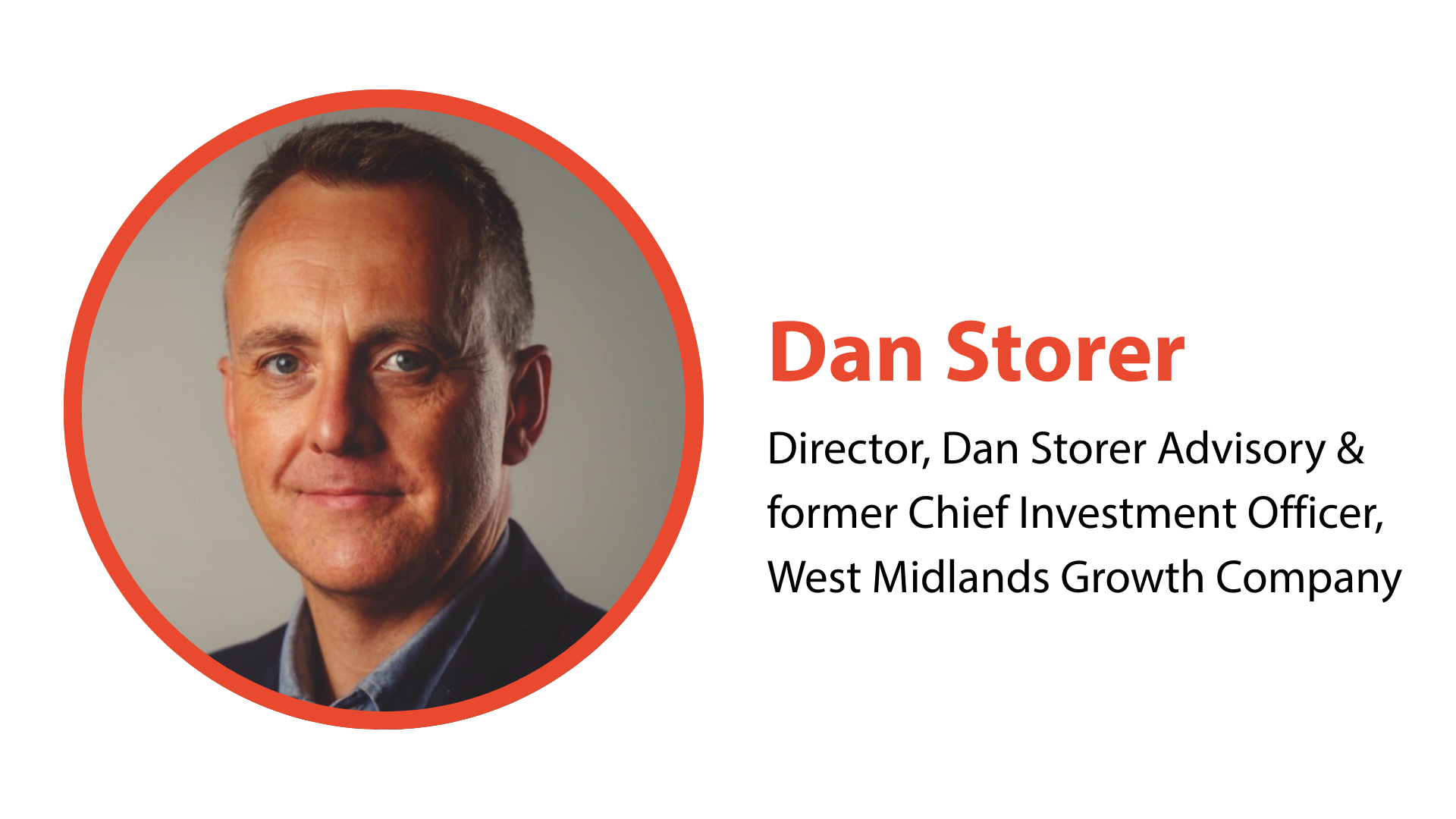The Skills agenda is at the heart of both regional and national politics; how we need to ensure that business can fill the vast sectoral vacancies in a post Covid environment but also how we educate and train people for the careers of the future.
In this article, Ian Harrison (Director, Growhouse Growth Business) takes a step back from the political narrative and asks the question: Is our obsession with middle-class, white-collar jobs ruining young people’s prospects?
(October 2024)
One of the most important challenges I’ve received in recent years came just as the world was getting back to the “new normal” of the post-covid world. Like many other people I know, I was pre-occupied with new flexible work patterns. As I shared my thoughts, my language betrayed a false assumption and I’m grateful that someone called it out. The challenge came from a friend who owns a manufacturing company, who simply pointed out that there are large numbers of people for whom working from home was not possible.
Three years on, I find myself having the same conversation across multiple sectors. Recruitment is challenging in sectors in which working from home is less possible. A recent article on the BBC website stated “Nowadays, many other graduate professions offer hybrid working, with some days at home, which has led to warnings about a crisis in teacher recruitment.” I have heard the same from other professions such as veterinary medicine.
It would appear that young people are emerging into the workforce with unrealistic expectations of the nature of their working life. In the veterinary sector, that is leading to graduates, who have invested in a 5 year degree program, emerging with a reluctance to work occasional weekends and nights – understandable from a personal point of view, but also odd given that such work patterns are intrinsic to the service offered by the profession.
One recent story heard from a client was of a young person who, whilst interviewing for a customer-facing role in a high street store, had made it clear that they wouldn’t be prepared to work at the weekend.
All this evidence is anecdotal, but I suspect it will sound familiar to any reader with an interest in recruitment and employment trends.
According to a Forbes analysis of ONS data, in 2022 only 25% of UK employees worked from home at least some of the time. The same dataset shows that age and education level are also significant factors in whether or not working from home is possible. Younger and less educated people are less likely to have roles that offer working from home as an option.
Even those young people finding themselves in office jobs are not likely to experience the levels of flexibility that peaked during the pandemic and have been declining in the last few years. A study by the Centre for Cities suggested that predictions of “the end of the office” were wildly exaggerated. The study found that, in London over 58% of office workers are in the office on Tuesdays, Wednesdays and Thursdays; dropping to 40% on Fridays . The report found that, on average, workers aged 18-24 spent 3.1 days in the office.
Flexible work patterns and working from home are here to stay. Emerging patterns, like those reflected in the report by the Centre for Cities, would suggest that those entering office-based work will have increasing opportunities to work from home as their career progresses, but many will never have that opportunity. Many of the young people looking towards their working lives will never have a job that offers the ability to work from home, but their expectations are being shaped by a narrative focussed on what could be considered to be privileged professions. Those expectations can only lead to disappointment and disconnection as they face the reality of a 5-day-week working life in roles that require them to be on site.
If we are to motivate young people to embrace this kind of work, then we need a more balanced narrative – one that communicates the reality of work that requires employees to commute every day. It is a narrative we briefly acknowledged during the years of the pandemic as ‘key-workers’ were hailed as heroes, but that narrative was all too quickly lost as the focus returned to the privileged sectors, for whom working from home became the new norm. If we want people to be available for us when our health fails, when our pets are unwell, when we want the option to shop on the high street, when we fancy a meal out, or a drink with friends, then we need a narrative that values those who commit to this kind of work. If we want a motivated workforce in our factories, then we need to inspire young people to want to work in these jobs that will require them to be on site every working day. We need to tell the whole story and recapture an appreciation for those who enrich our lives in jobs that are unlikely ever to be able to offer the levels of flexibility that is being normalised in the media.
ABOUT OUR AUTHOR:
Ian Harrison is an executive coach, facilitator and co-author of ‘The Enabling Manager.’ He has developed and delivered leadership training in the U.K., Europe and Africa.
Ian has a particular interest in the dynamics of human interactions. His leadership development work focuses on the nature of authentic leadership. He works with teams and business leaders to enable them to create team environments in which every member can thrive and where the whole is greater than the sum of its parts.
After graduating from theological college Ian spent the first 18 years of his career as a minister of the church. During that time, he was involved in establishing a number of training organisation that delivered conferences and training in the UK and around the world.
Ian’s 18 years working in leadership in the voluntary sector has given him a clear perspective on the importance of unlocking values-based motivators that enable individuals to contribute most effectively in an organisation.
Having made a significant career change in his 40’s, Ian has a particular interest in the challenges faced by those in mid-life who are looking to re-enter the workforce or to retrain to use their skills in a new context.
Ian is a director of Growhouse Growth Business Ltd (https://Growhouse-GB.com)








